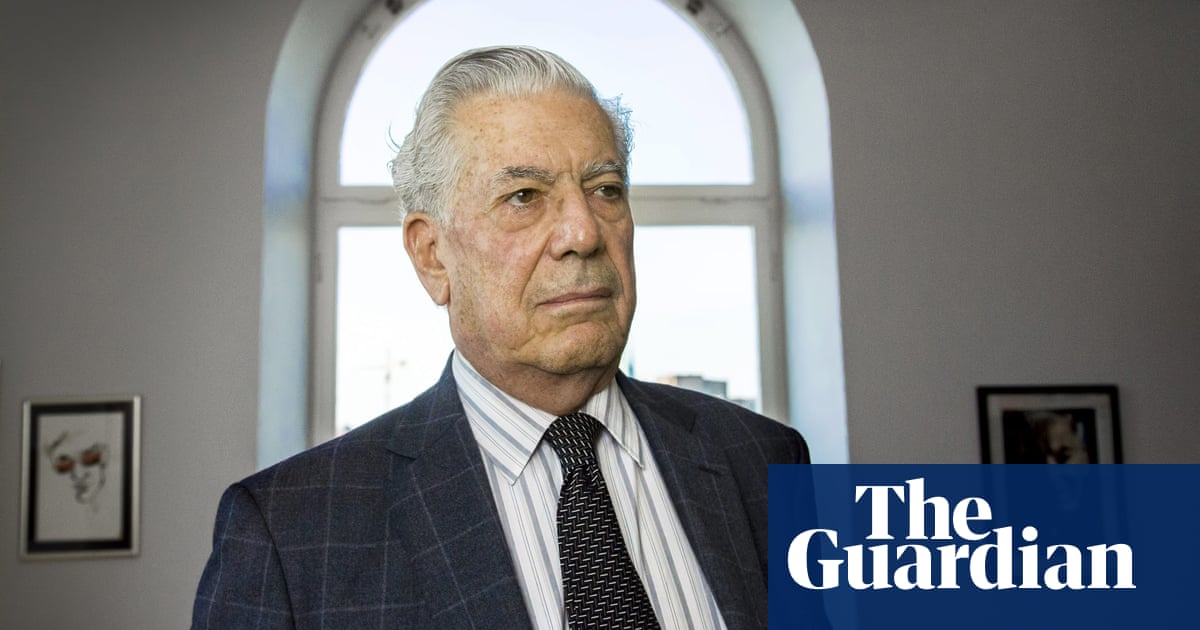
"The early 1960s was an age of discovery for my generation in Argentina, learning about sex, literature, and the complexities within Latin America's realities."
"Vargas Llosa's 'La Ciudad y los Perros' was a fierce indictment against Peru's military system, marked by youthful violence and questioning of authority."
"The book's controversial themes led to an auto-da-fe in Peru, showcasing its impact as a modern subversive classic in Latin American literature."
"Under the large shadow of the author of 'La Ciudad y los Perros', previous protest literature in Latin America was modeled after Zola."
In the early 1960s, cultural enlightenment enveloped Argentina's youth, introducing them to groundbreaking literature, music, and revolutionary thinkers. Among the novels that emerged was Mario Vargas Llosa's 'La Ciudad y los Perros', which challenged traditional narratives and depicted the grim realities of Peru's military system through its critique of authority and portrayal of adolescence. Despite objections from educators, the novel became a symbol of the burgeoning Latin American literary boom, with its bold themes prompting significant backlash from authorities, including a public book burning. This marked a pivotal moment in the evolution of Latin American protest literature.
#latin-american-literature #mario-vargas-llosa #protest-literature #cultural-awakening #youth-experience
Read at www.theguardian.com
Unable to calculate read time
Collection
[
|
...
]